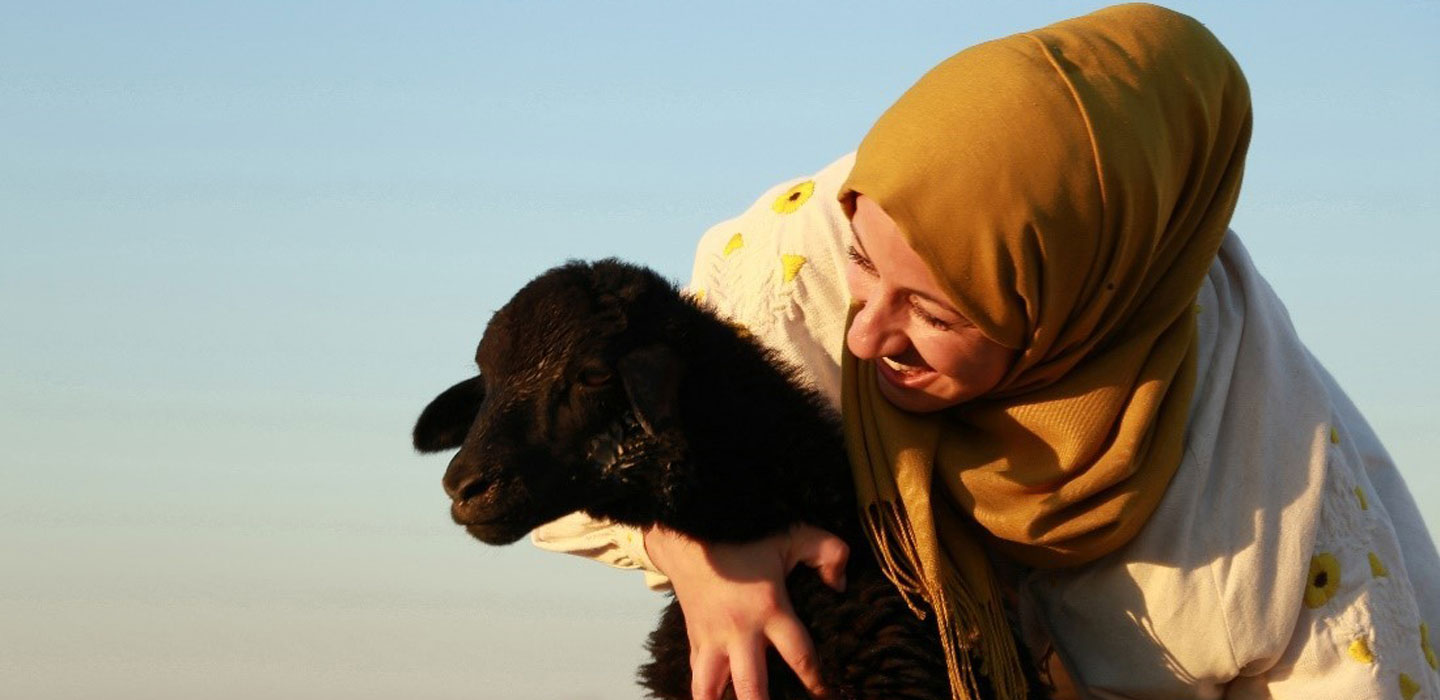With the right resources, rural women can change the world
IFAD Asset Request Portlet
Asset Publisher
With the right resources, rural women can change the world
Estimated reading time: 3 minutes
One in four of the world’s working women are employed in agriculture. In low-income countries, this proportion rises to 62 per cent. However, only 15 per cent of land is owned by women.
Women are also less able to access credit, making it harder to build a resilient business.
Gender inequality has far-reaching consequences which affect everyone. But if women had access to the same resources as men, up to 150 million people would be lifted out of hunger. Financially empowered women are more likely to invest in education and health, leading to long-term community benefits.
But things are changing, albeit slowly. In 2021, women in developing countries were only 6 per cent less likely to have a bank account than men, compared to 9 per cent in 2017. As women access finance and savings, they become more resilient to economic and climate shocks. IFAD is helping them achieve this.
Women access finance
When rural women access finance, the entire economy flourishes. They can invest in farms or businesses, earning more for themselves and their families, or they can save for a rainy day.
An e-wallet scheme through the REGEP project in Jordan sends grant payments directly to farmers’ phones. Three in five users are women – and they’ve found new uses for the service. Safa’a Abu Rabeea's customers can pay for her delicious fruit preserves using cash or digital payments.
On the other side of the world, in Bolivia, almost seven in ten of the people who accessed financial services through ACCESOS were women. They gained access to savings and microcredit and in return offered their ancestral knowledge to better predict weather patterns and design climate adaptation projects.
Women manage risks
 |
| Insurance products are being developed that cater to the unique needs of small-scale farmers, especially women. © FAO/Anis Mili |
As the climate grows increasingly unpredictable, insurance can mean the difference between getting by and going under. With IFAD support, financial institutions are starting to develop insurance products that meet the needs of small-scale farmers, especially women.
From Guatemala to the Philippines, IFAD’s INSURED programme provides technical assistance to help governments and financial institutions devise and deliver inclusive insurance.
Our microinsurance scheme with WFP in Guatemala has expanded to cover rural people who fall between the cracks of conventional insurance schemes. Of the 9,000 small-scale farmers and microentrepreneurs who were protected by this scheme in 2022, more than 80 per cent were women.
In Kenya, Fatuma Rashid is glad she paid the small premium for KCEP-CRAL's crop insurance. In early 2022, Fatuma was among the 11,500 farmers, 57 per cent of whom are women, who received a payment when yields fell due to poor rains.
Women own land
 |
| Women who own land can ensure food security for their communities and the world. © IFAD/G.M.B.Akash |
Women who own land have the power to become economically independent while also deciding what to cultivate or how to adapt to the effects of climate change. They can also use it as security for a loan and it strengthens their standing within communities.
Many IFAD projects support women to hold land titles. In Burundi, IFAD supported legal clinics for women to inform them of their rights and how to access the legal assistance to assert them.
When the IFAD-supported Southern Punjab Poverty Alleviation Project in Pakistan provided homeless rural families with land and climate-smart homes, the focus was on women. Landless women from over 6,000 households gained titles to land, while nearly 118,000 women received a pair of goats each to improve their family’s food security and build a livestock business.
When supported with finance, resources and knowhow, rural women can take their rightful place – leading the fight against climate change, achieving sustainable development, and ensuring food security for their communities and the world.
Publication date: 12 October 2023